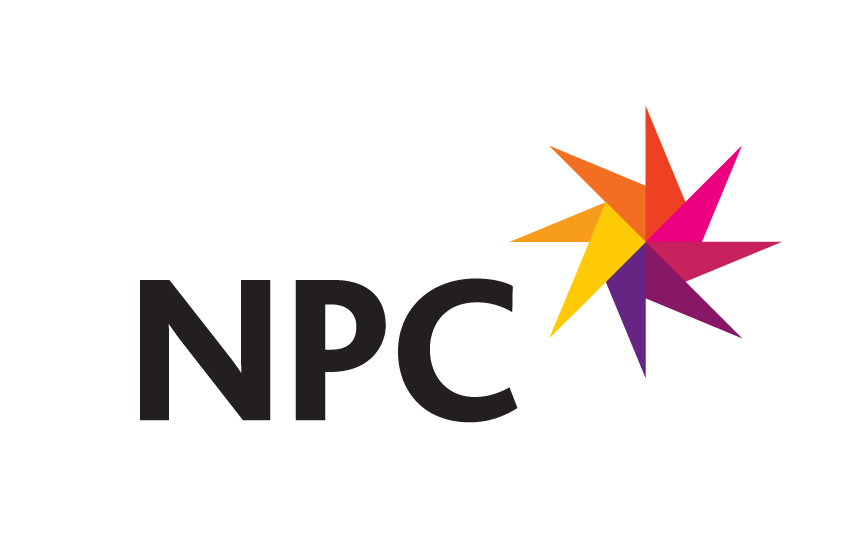It’s good to see more funders encouraging the charities they work with to develop theories of change — to help them select the most promising interventions to fund, and ensure the grantees they do support have coherent plans for achieving and measuring impact.
But its potential doesn’t stop there, says Dawn Plimmer, writing for NPC. Funders can also use theory of change to help plan, review and evaluate their own work. Here’s why:
1) Strategy
By carefully thinking through each step required to achieve your goal (rather than specific activities you assume you should fund), theory of change will help you challenge assumptions in your thinking and consider the best way to use your resources.
2) Communication
Theory of change is a useful communication tool—it can provide a clear narrative for the rationale behind how and what you fund links to your goals.
3) Learning & evaluation
It can help you prioritise what to measure. By measuring what’s really important to your mission and nothing more, you can ensure that the information you ask for from grantees is meaningful.
This is an excerpt from the full article, which can be found here.





